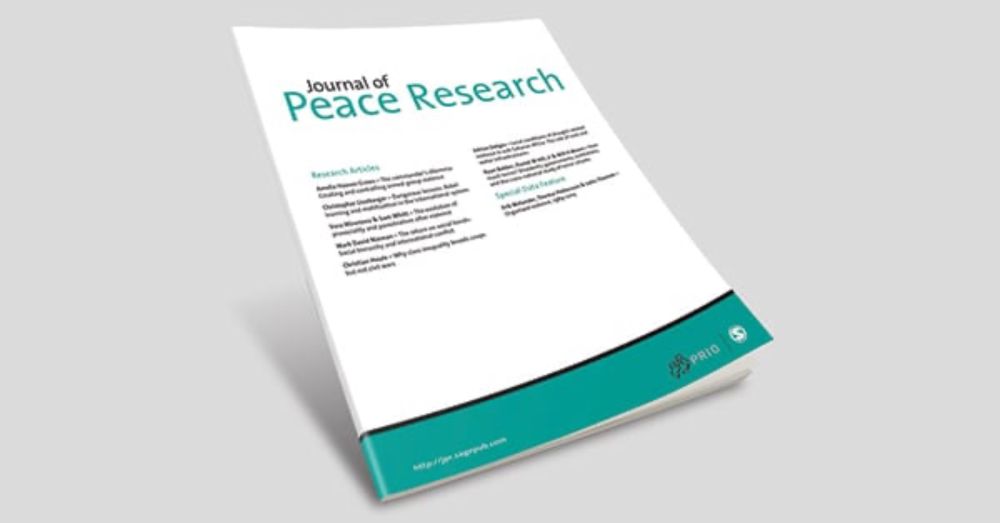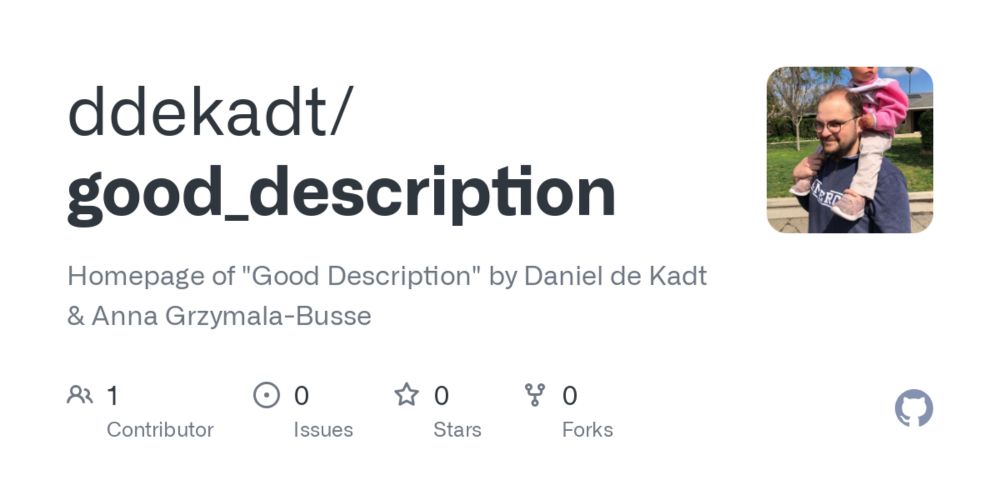
Ethnically-exclusive autocracies, political transitions, contentious politics, MENA region.
سلام السعدي
https://salamalsaadi.weebly.com/
In a nutshell: people are more willing to support violence when they don't see readily available nonviolent alternatives.
Surveys across 30+ countries find “alternative resistance options consistently reduce support for armed rebellion…” journals.sagepub.com/doi/10.1177/...

In a nutshell: people are more willing to support violence when they don't see readily available nonviolent alternatives.
Quick thread below🧵
Unconditional Loyalty: The Survival of Minority Autocracies - cup.org/4dGBC0K
"a multi-method approach, using a novel dataset of minority regimes and a case study of Bahrain based on original interviews"
- @alsaadi.bsky.social
#FirstView

Quick thread below🧵
What sets 'good' description apart from 'mere' description?
We develop a framework for evaluating descriptive research, whether we are doing it as scholars or assessing it as readers.
Two main contributions...
🔗📄 tinyurl.com/gooddesc

What sets 'good' description apart from 'mere' description?
We develop a framework for evaluating descriptive research, whether we are doing it as scholars or assessing it as readers.
Two main contributions...
🔗📄 tinyurl.com/gooddesc



@msaleh-econhistory.bsky.social
www.cambridge.org/core/journal...
@msaleh-econhistory.bsky.social
www.cambridge.org/core/journal...
“It is easy to look at a dark past and warn of a dark future, but we should not mistake that for seeing the future. What did we learn from Syria? That we misread it, and condemn it to misery, when we do not listen to the people at the heart of it.”
menasky

“It is easy to look at a dark past and warn of a dark future, but we should not mistake that for seeing the future. What did we learn from Syria? That we misread it, and condemn it to misery, when we do not listen to the people at the heart of it.”
menasky
Hama - Assy square now demonstrating an end to that bloody era.
Hama - Assy square now demonstrating an end to that bloody era.
www.journalofdemocracy.org/online-exclu...

www.journalofdemocracy.org/online-exclu...
www.cnn.com/2024/12/10/w...

www.cnn.com/2024/12/10/w...
@newlinesmag.bsky.social
newlinesmag.com/spotlight/da...

@newlinesmag.bsky.social
newlinesmag.com/spotlight/da...
عيش حرية عدالة اجتماعية
I still remember every chant, and the early days of Twitter watching updates filter in. When ben ali fled.
عيش حرية عدالة اجتماعية
I still remember every chant, and the early days of Twitter watching updates filter in. When ben ali fled.
The sheer magnitude of this. 1/6

The sheer magnitude of this. 1/6


